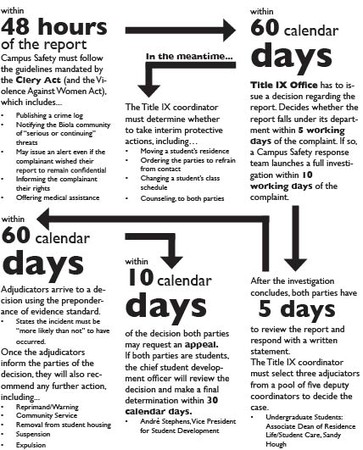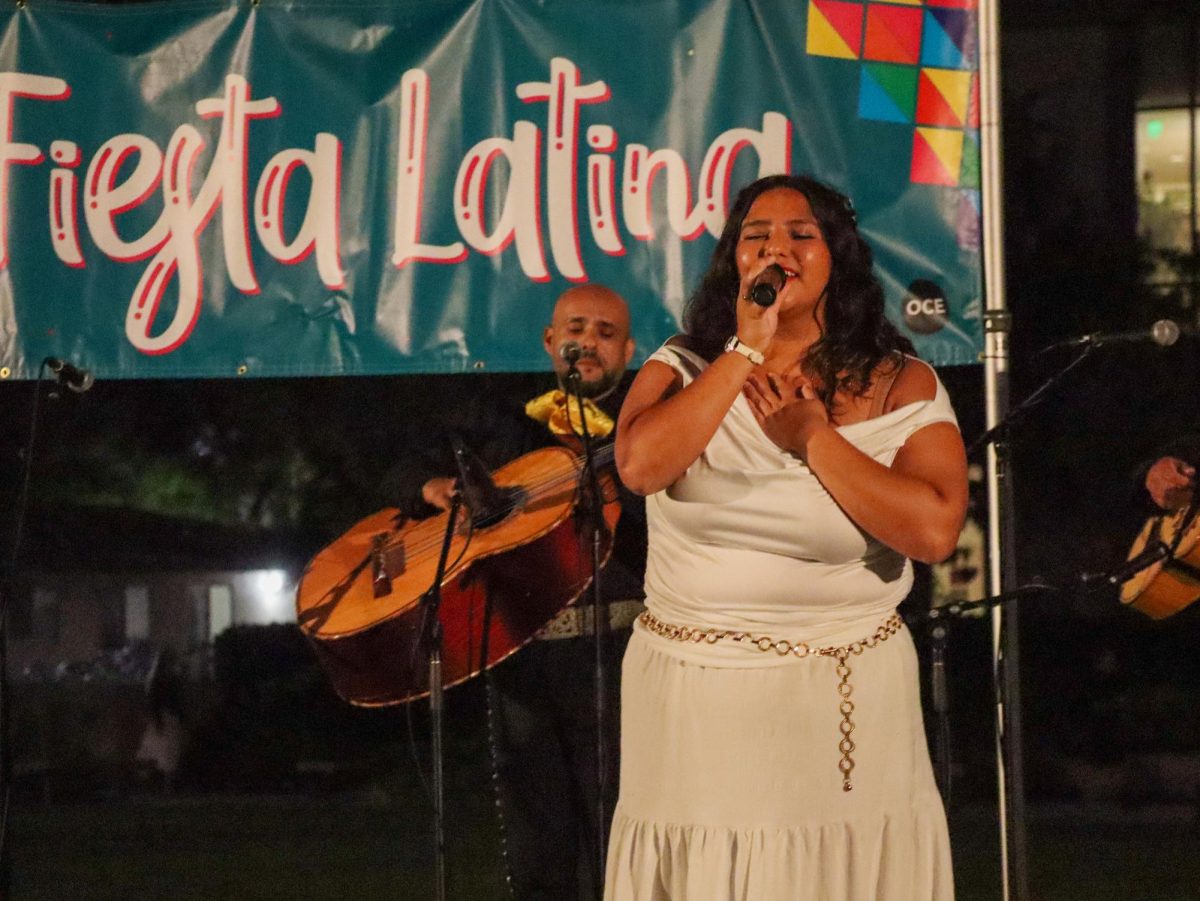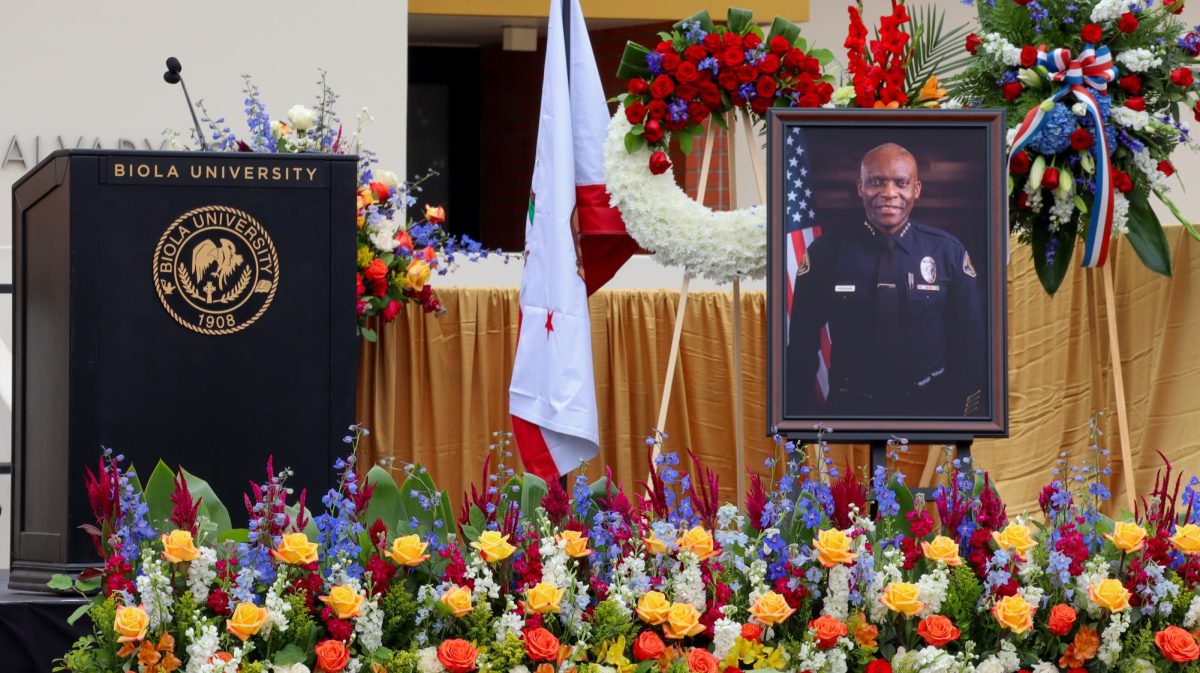In April, Biola will join a national campaign that seeks to annually raise awareness of sexual assault. The university’s participation remains a testament that a small Christian institution of higher learning does not have immunity to incidents of sexual violence.
REPORTED ASSAULTS
Campus Safety received an increased number of sexual assault reports in 2017 than in previous years, with four reports on-campus and three reports off-campus in which both parties were Biola-affiliated. In 2016, this number remained at two reports for both on and off-campus incidents, and two reports for on-campus and three reports off-campus in 2015.
“Studies estimate that one in five women is sexually assaulted while in college. Most often, the act occurs in her freshman or sophomore year, usually by someone she knows. And only 13 percent of rape survivors report their assault,” according to a 2014 report released by the White House.
Many students do not know how to report sexual assault. More specifically, many do not know how to navigate Title IX, a federal set of guidelines that requires institutions receiving federal funding to provide the resources to resolve situations of sexual misconduct in an efficient and equitable manner.
When sexual assault does occur, a lack of information about this process can prove devastating.
“I think there should be way more education about it,” said Tiffany de Vos, 2017 alumna. “I’ve had… friends that were sexually assaulted on campus and they didn’t know what to do, because there was no education about it. And people didn’t really take them as seriously as they could have or should have, because they just didn’t know who [were] the right people to go to, and by the time they did get to the right people, it was too late to really catch the persons.”
MOVING TOWARD GREATER AWARENESS
Title IX coordinator Dawn White has sought to raise awareness of resources available to students since stepping into her role last May. She regularly works with departments across campus to educate students, faculty and staff about the process behind reporting sexual assault, stalking and domestic violence. However, she believes there remains more to do.
“I think there’s a growing… need across our campus, to recognize that this is an important conversation and reality to be engaged with, which is really encouraging to me, because that’s why I stepped into the role, knowing that it was, and knowing that so many people on our campus are affected by it, by sexual harassment and assault,” White said. “And yet there is still other layers of awareness to be brought to, that this does happen here, it does happen to people, Christian or not, and it’s important that we support people in it.”
Incoming students receive education concerning the community standards, as well as Title IX, during an online orientation process, which has remained active for years. This online module presents a quiz pertaining to consent and sexual misconduct.
STUDENTS REPORT INFORMATION DEFICIENCY
However, freshman human biology major Peter Ramakuri believes the brief training would not prove effective for a student who needed to file a report.
“I personally don’t think [it was sufficient],” Ramakuri said. “I think there needs to be a course, like a zero credits course to make students aware of these things.”
Senior computer science major Josiah Manning agrees the university should require students to take a course to learn about Title IX, as well as inform students of the presence of preventative efforts, including the self-defense techniques taught by the Rape and Aggression Defense System class.
“With a lot of students coming into Biola, a lot of them come from conservative Christian backgrounds where they aren’t taught these sorts of things, and when you get into the college environment that becomes a more pressing issue,” Manning said. “They just aren’t educated, and I think the first year seminar classes should include that.”








